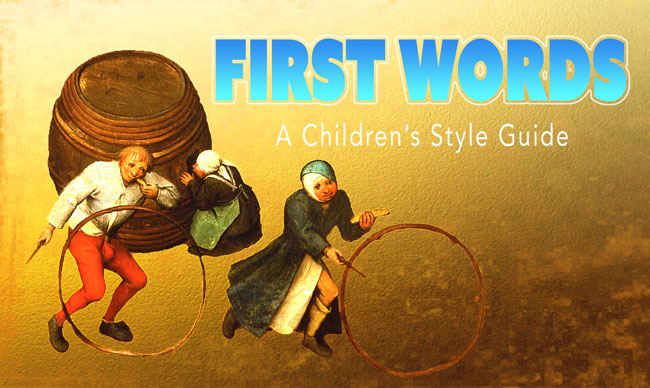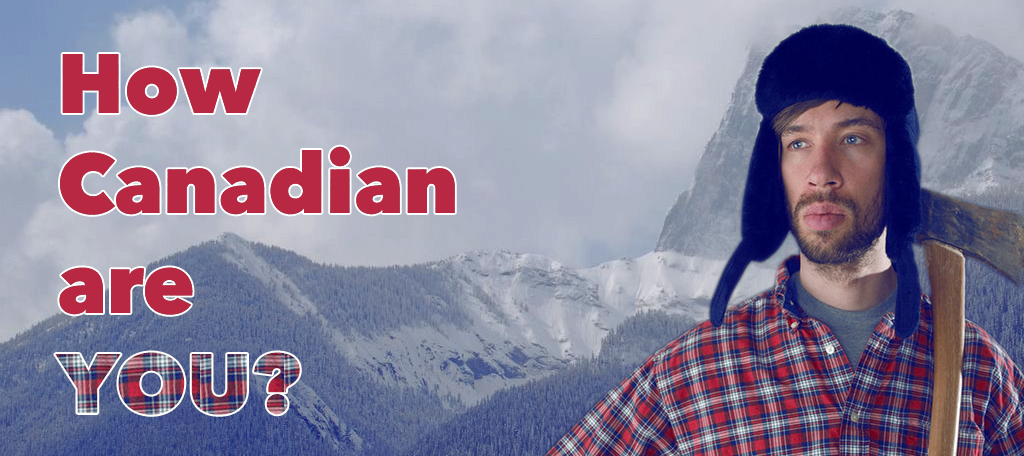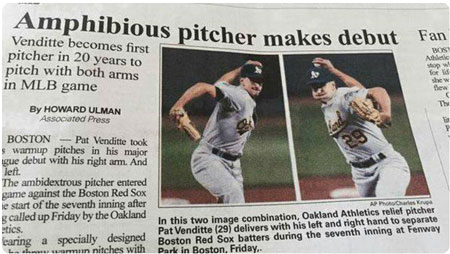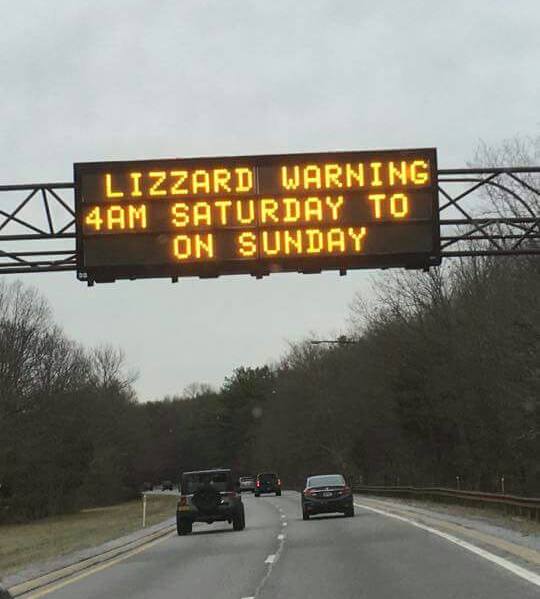I was musing today about the peculiarly magical vocabulary of children, and then started recalling some special words from my childhood. I love these words because they represent a lost innocence of language—like a dead language we all experienced first hand but have hidden away for safe-keeping.
Such words are not easy to remember perhaps because most were trampled (in some cases painfully) by sensible adult words. Somewhere along the line, I learnt not to say “lightning bug” anymore because the correct name is “firefly”; same with “shooting star”, it’s “meteor”. But there are also silly words that no adult could have talked us out of, like “pee-pee”, “bumblebee”, “piggyback” and “choo-choo train”, which are special simply because they’re fun to say.
And then there are those golden spoonerisms, mistaken words that sunder the language with unimagined new sounds. Words like “bisghetti” (“spaghetti”), “bolleyvall” (“volleyball”), “varine” (mine for “ravine”), and my younger sister’s tour de force “Principal Lion” (for “Prince Edward Island”).
I tried to find some sort of style guide on children’s words but came up empty handed. A brief search of the Internet revealed itself tiresome and cynical offering none of the magic but only grey pedagogical resources on correcting children’s speech or exploitive photos of salacious spelling errors found in children’s art. “Well son, your innocence would have been lost altogether had we not posted it to the Internet.”
Do you have special words hidden away since childhood? If so, write me and let me know. I would like to gather them into a style guide of children’s words.
Please include the following:
- The word and its meaning (or your younger self’s interpretation)
- Your name and city of origin (if submitting on behalf of someone else, please include that person’s name and your relationship).
- If possible, the known age of the person when this word came into being (an approximate is fine).
View a sample of First Words – A Children’s Style Guide taken from what’s been collected so far.







